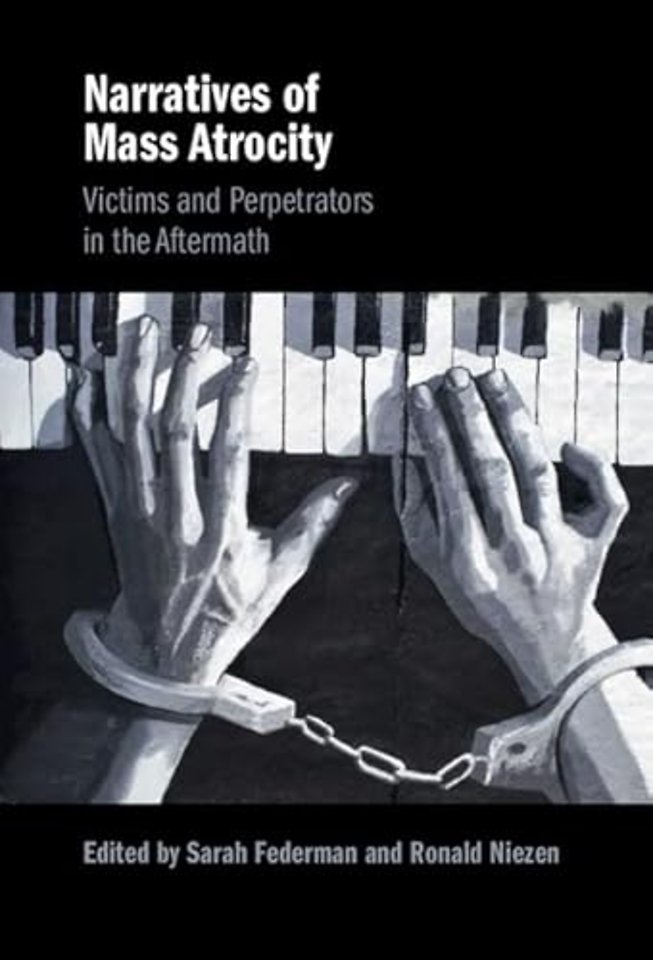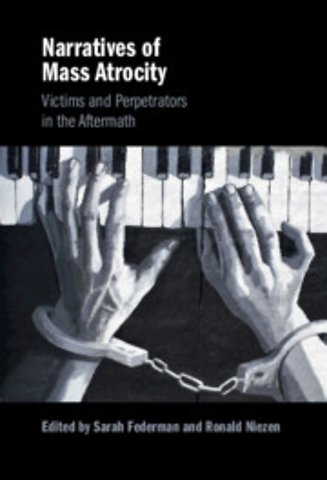Narratives of Mass Atrocity
Victims and Perpetrators in the Aftermath
Samenvatting
Individuals can assume—and be assigned—multiple roles throughout a conflict: perpetrators can be victims, and vice versa; heroes can be reassessed as complicit and compromised. However, accepting this more accurate representation of the narrativized identities of violence presents a conundrum for accountability and justice mechanisms premised on clear roles. This book considers these complex, sometimes overlapping roles, as people respond to mass violence in various contexts, from international tribunals to NGO-based social movements. Bringing the literature on perpetration in conversation with the more recent field of victim studies, it suggests a new, more effective, and reflexive approach to engagement in post-conflict contexts. Long-term positive peace requires understanding the narrative dynamics within and between groups, demonstrating that the blurring of victim-perpetrator boundaries, and acknowledging their overlapping roles, is a crucial part of peacebuilding processes. This title is also available as Open Access on Cambridge Core.
Specificaties
Inhoudsopgave
Net verschenen
Rubrieken
- aanbestedingsrecht
- aansprakelijkheids- en verzekeringsrecht
- accountancy
- algemeen juridisch
- arbeidsrecht
- bank- en effectenrecht
- bestuursrecht
- bouwrecht
- burgerlijk recht en procesrecht
- europees-internationaal recht
- fiscaal recht
- gezondheidsrecht
- insolventierecht
- intellectuele eigendom en ict-recht
- management
- mens en maatschappij
- milieu- en omgevingsrecht
- notarieel recht
- ondernemingsrecht
- pensioenrecht
- personen- en familierecht
- sociale zekerheidsrecht
- staatsrecht
- strafrecht en criminologie
- vastgoed- en huurrecht
- vreemdelingenrecht

